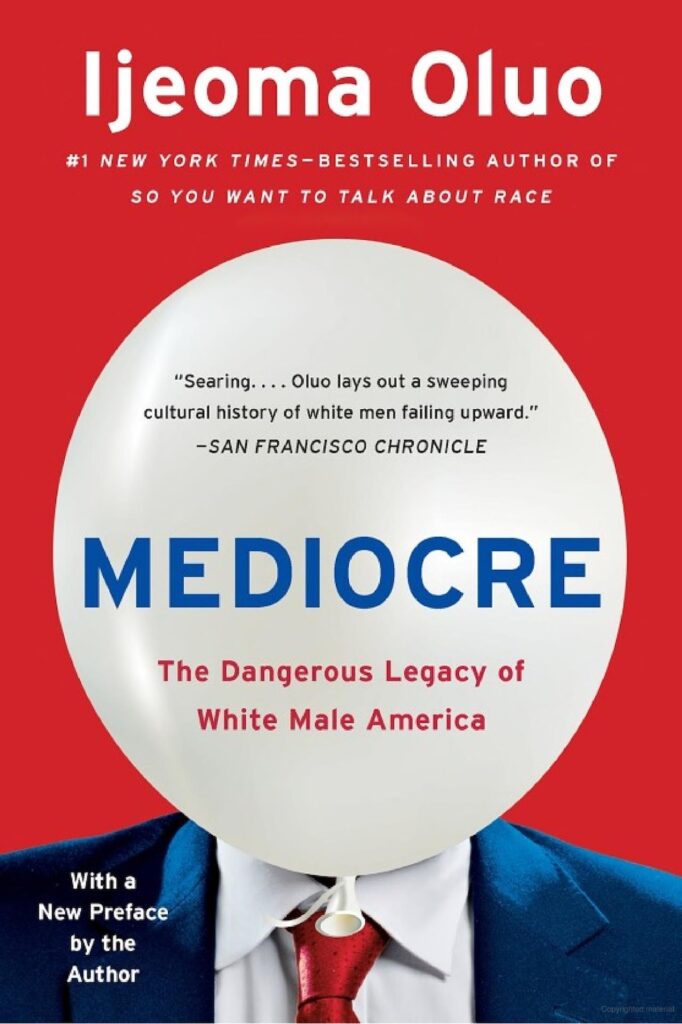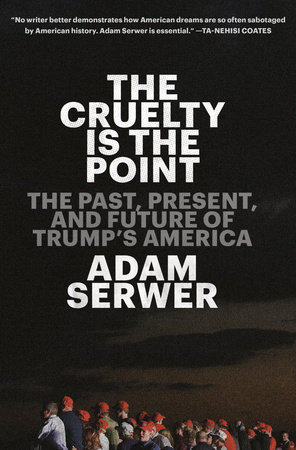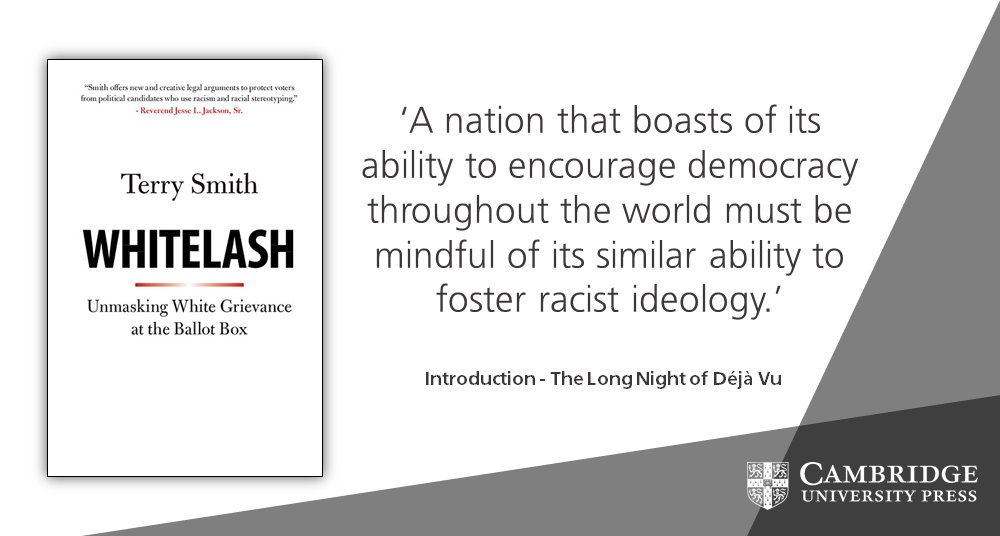
Mediocre: The Dangerous Legacy of White Male America
by Ijeoma Oluo
published by Seal Press / Hachette
2020 (updated forward 2021)
I sought out this book while looking for an explanation beyond my own theories as to why a few male friends were convinced that they deserved certain things (jobs, promotions, praise) when they didn’t appear to have done anything in particular to earn them. (One in particular emphasized his “Americanness” (which wasn’t what he meant) in a way that was unnerving, as he had no accomplishments or education in the field he wanted to break into, while his competition appeared to have degrees, resumes, projects to show, etc. So, I was free to interpret THAT.) I picked up this book looking for another, better researched view on this.
Oluo starts her history with tales of the American West and the subjugation of its original people, but really digs in with contemporary stories of the perils of world views centered on white maleness. From white male allies who make other groups’ civil rights movements all about themselves, or those who are allies only when it directly benefits them (Biden’s chummy behavior with segregationists is remarkably laid out here), to the zeal of B-bros who attack anyone who won’t fall in line to support policies which prioritize their needs while maintaining obstacles to other groups in order maintain their own advantages, Oluo presents a clear pattern of self-serving, obstructive-to-meaningful-progress behavior.
Though I had been generally familiar with bans on married women having paid work, Oluo’s book cataloged the number of states that put bans on the books, including bans during the Great Depression on two-government-job households (which couldn’t be more directed at removing lower paid women from jobs). This book also introduced me to some of the anti-employed-women propaganda paid for by tax dollars, plus the pro-employed-in-war-time propaganda that had to reverse its own threats to happiness that had been promoted so zealously earlier. The way people of color and women were discarded after answering the call to scale up industry is sadly consistent with a system that believes the best of everything — and even the most ordinary version of everything — is the natural property of white men, regardless of their interest or ability.
Writing about the hatred that anyone who points out these clear patterns of bias receives, and the faux-neutrality that white men are somehow awarded (as if being a white man isn’t an identity) is painful and familiar to anyone who exists online or reads news written about any group other than white men. This work took a toll on the author, and the details of the hate mail she has received for writing on this topic at all are harrowing – and prove her points about the white men who aggressively enforce that their point of view is the only one that ever matters.
While her updated introduction reflects upon the nightmare that was a certain former US president, Oluo chose not to centralize or even frequently name him, so you can pick this up without that dread!
Oluo has a clear and accessible writing style, which I enjoyed. The sensitive topic of pervasive white male centrism is a massive ‘elephant in the room’ that triggers shocking responses in our culture, and Oluo shares her observations on this topic thoughtfully. I’m glad I’ve kept this book on my reading list, and finally picked it up!



